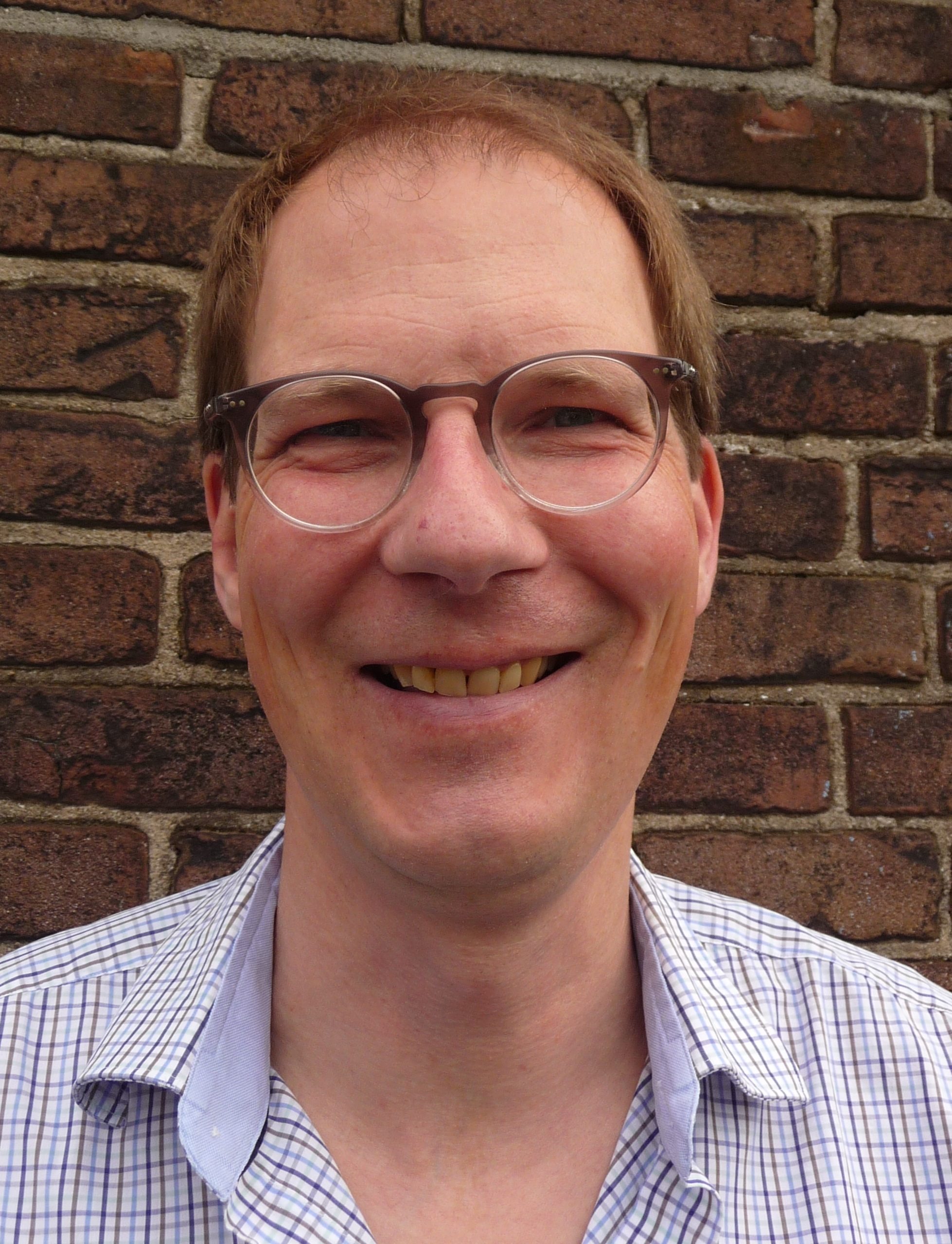Wolfgang Wagner studied Political Science, German Literature and Philosophy in Tübingen (Germany) and Yellow Springs, Ohio (USA). He holds a PhD from the Johann-Wolfgang-Goethe University Frankfurt am Main and taught at the universities of Tübingen, Frankfurt, Konstanz, Darmstadt and Mannheim. Between 2002 and 2007 he worked at the Peace Research Institute Frankfurt (PRIF). He was a visiting scholar at the University of California at Berkeley in 2007, at the Wissenschaftszentrum Berlin in 2016 and 2017 and at the European University Institute in Florence in 2019.
prof. dr. Wolfgang Wagner
Full Professor, Faculty of Social Sciences and Humanities, Political Science and Public Administration
Full Professor, Research Programmes - Social Sciences, Multi-layered governance in EUrope and beyond (MLG)
My research revolves around domestic politics and conflict in liberal democracies. Simply put: what makes liberal democracies resort to armed force? And why do some democracies use force more frequently than others?
This line of research is inspired by the so-called Democratic Peace Theory, i.e. the idea that democracies stand out for not waging war against each other. Together with my former colleagues from the Peace Research Institute Frankfurt, particularly Anna Geis and Harald Müller, I have argued that the wars waged by democracies are just as interesting as the absence of war amongst democracies. What is more, there are many additional ways in which democracies differ from other states in international relations, and we have pleaded to broaden research beyond the Democratic Peace narrowly understood towards a research program on “democratic distinctiveness”.
Together with my colleague at the VU law faculty, Wouter Werner, I have been looking into the role of punitivity in motivating the use of force in liberal democracies. With a former PhD student of mine, Michal Onderco, I have argued that liberal democracies’ reactions to the violation of an international norm is inspired by a domestic political culture of dealing with norm violations. We have shown that countries with a high prison population are also more confrontational in their security policies, e.g. towards Iran and North Korea, than countries with low numbers of citizens imprisoned. This indicates that international norm violations pose the same challenge as norm violations domestically, and states practice the same ideas domestically as internationally.
Also inspired by Democratic Peace Theory, I have been very interested in the democratic control of military missions, particularly by way of parliaments. Together with my former colleagues at the Peace Research Institute Frankfurt, I have collected data on the parliamentary control of military missions in 49 countries. We have found enormous differences ranging from very powerful parliaments whose consent is required before any military deployment can be made to very weak ones that are informed at best. We have explored various possible explanations for these differences and found that different levels of external threats as well as past experiences with (failed) military missions account for this variety.
Most recently, my interest in parliaments has led me to become more interested in political parties. After all, legislative-executive relations are usually superseded by party politics that pit the opposition against the governmental majority in parliament. Together with Juliet Kaarbo, Anna Herranz-Surrallés and Falk Ostermann, I have been examining whether political parties systematically differ in their positions on military missions. Currently, we are looking into the actual votes about military missions (see also our website deploymentvotewatch.eu).
- International Politics (journal) | London | Adviseur | 2005-01-01 - present
- Friedrich Ebert Stiftung | Bonn | Vertrauensdozent | 2011-01-01 - present
- Peace Research Institute Prague | Prague | Adviseur | 2024-01-01 - 2028-12-31
- Contemporary Security Policy | London | Adviseur | 2024-01-01 - 2029-12-31
- Greifswald University | Greifswald | Co-Supervisor of PhD student | 2024-01-01 - 2025-12-31
- Journal of International Relations and Development | Basingstoke | International Advisory Board | 2025-04-01 - 2028-12-31
Ancillary activities are updated daily

Publicaties
Persoonlijke website